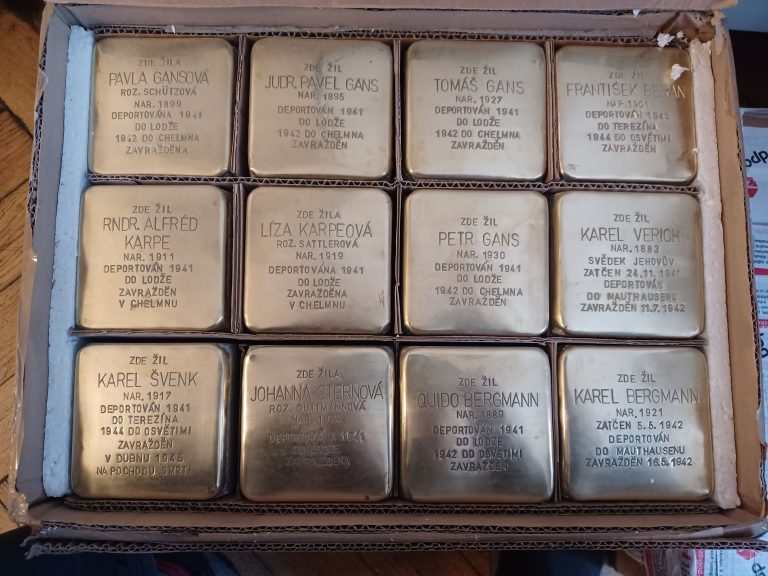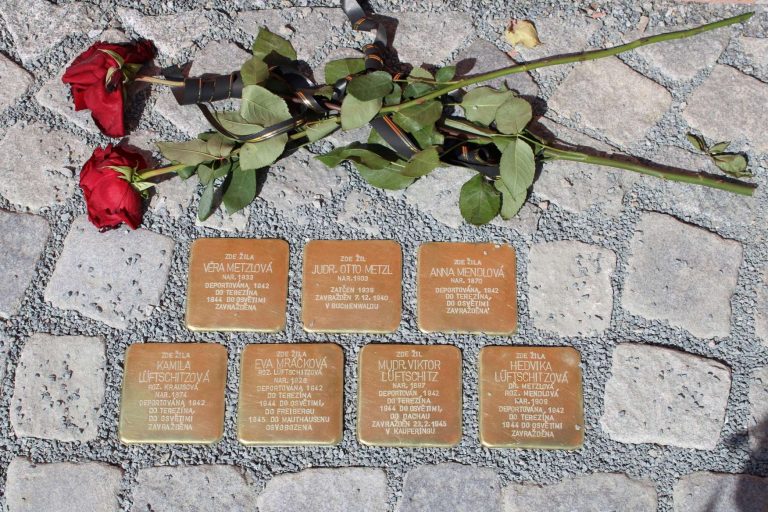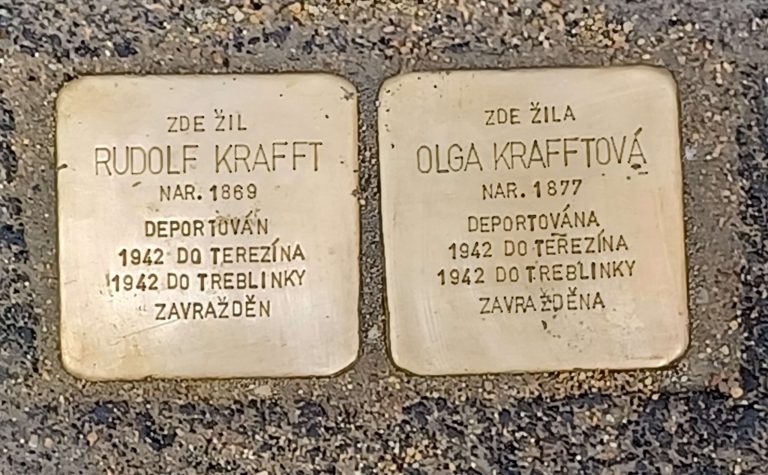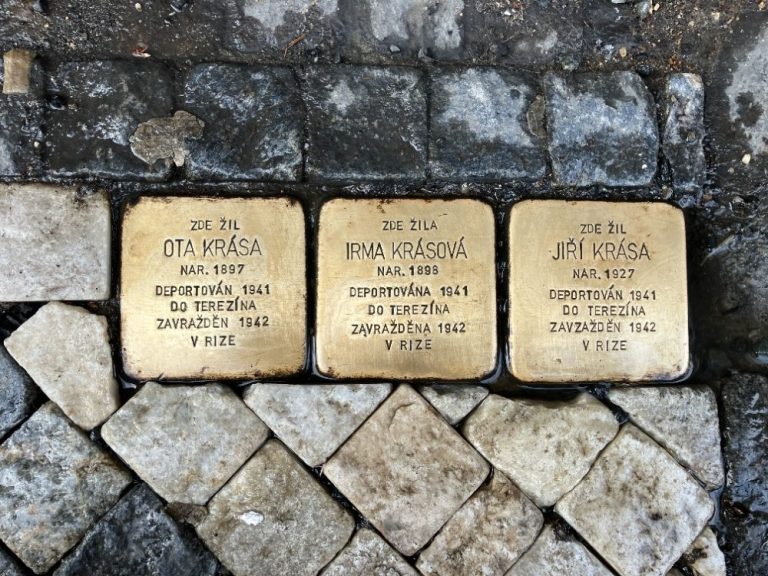Další pokládání Stolpersteine plánujeme 16. až 17 června a 13. až 14. října 2026. V Praze v roce 2026 přibude přibližně 100 nových Stolpersteine. How we laid Stolpersteine in 2024...
Stolpersteine Prague
The artist Gunter Demnig remembers the victims of National Socialism by installing commemorative 10×10 cm brass plaques in the pavement in front of their last address of choice. The first Stolpertseine was laid in December 16th 1992 in front of the townhall in Cologne. There are now more than 80 000 Stolpersteine (lit. “stumbling stones or blocks”) in many European countries.
More about the project
Stolpersteine were first introduced to the Czech Republic on the initiative of the Jewish Youth Union in 2008. The project was then revived after two years of inactivity in 2018 by František Banyai, the Head of the Jewish Community in Prague. Since then the implementation of the Stolpersteine project in Prague is organized and supported by the Publicly Beneficial Association Supporting Persons Affected By Holocaust www.spolek.org . Today, František Bányai and Hermína Neuner continue to oversee the project’s extensive agenda. We are always pleased if you choose to support the Association or the Stolpersteine project with a financial donation. We are kindly supported by the Foundation For Holocaust Victims, City of Prague and Prague 2 District.
If possible, we install about hundred new Stolpersteine in Prague every year. Stolpersteine are always placed in front of the last residence of choice – never in front of places that people were forced to move to. At the same time we make sure that there are no losses during the reconstruction of the sidewalks. Trevor Sage, British expat residing in Prague, helps significantly with mapping and cleaning the stones. Trevor Sage devoted his free time to map and clean Prague´s Stolpersteine. He is originally from London, but before coming to the Czech Republic he lived on the south coast of England and came to Prague for work. “When I decided to take early retirement, I fell in love with Prague and moved here.” He has published a book that combines photographs of the first nearly five hundred of Prague’s Stolpersteine with portrait photographs of the victims, information about their transports, and the moving life stories of several victims, often written directly by their relatives who kindly contributed to the book. In other Czech towns, including Liberec, Olomouc, České Budějovice and Písek, other organizations are committed to the Stolpersteine project. Each first Stolpersteine in town must be arranged directly with the STIFTUNG – SPUREN – Gunter Demnig foundation (contact person is Anne Thomas at [email protected]).
We are also interested in documenting the Jewish memory on the 20th century, helping to collect the individual family stories and photographs from the family archives. We cooperate on this with Terezin Initiative Institute and the oral history collection of Jewish Museum in Prague.e.
SEARCH STONES
Map of Stolpersteine in Prague and the Czech Republic
Join a community event and honor the previous residents of your city.
Clean Stolperstein!
Send photos of you cleaning Stolpersteine to [email protected] or post them on Instagram with the hashtag #cistimeStolpersteine
Supported us
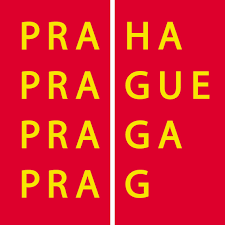
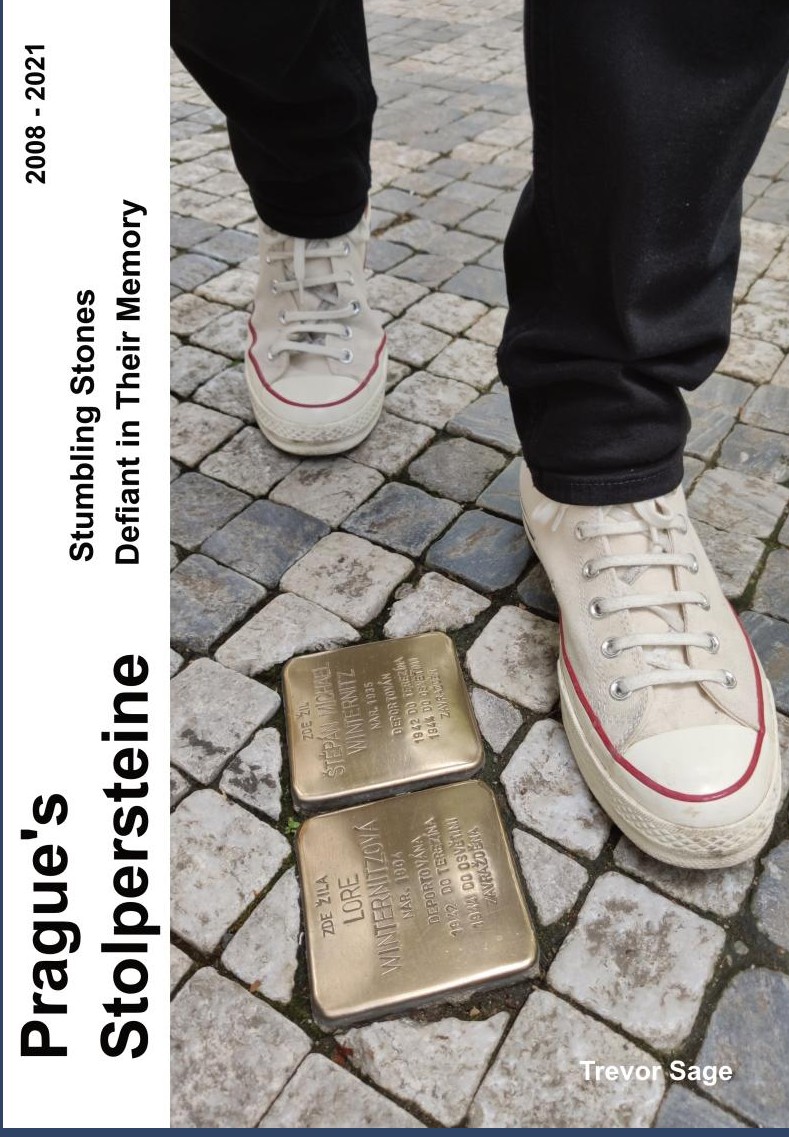
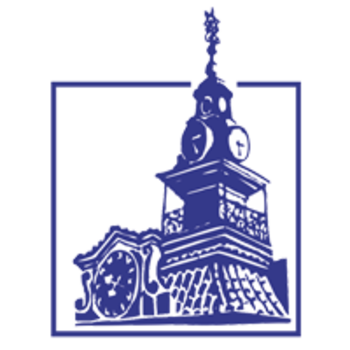

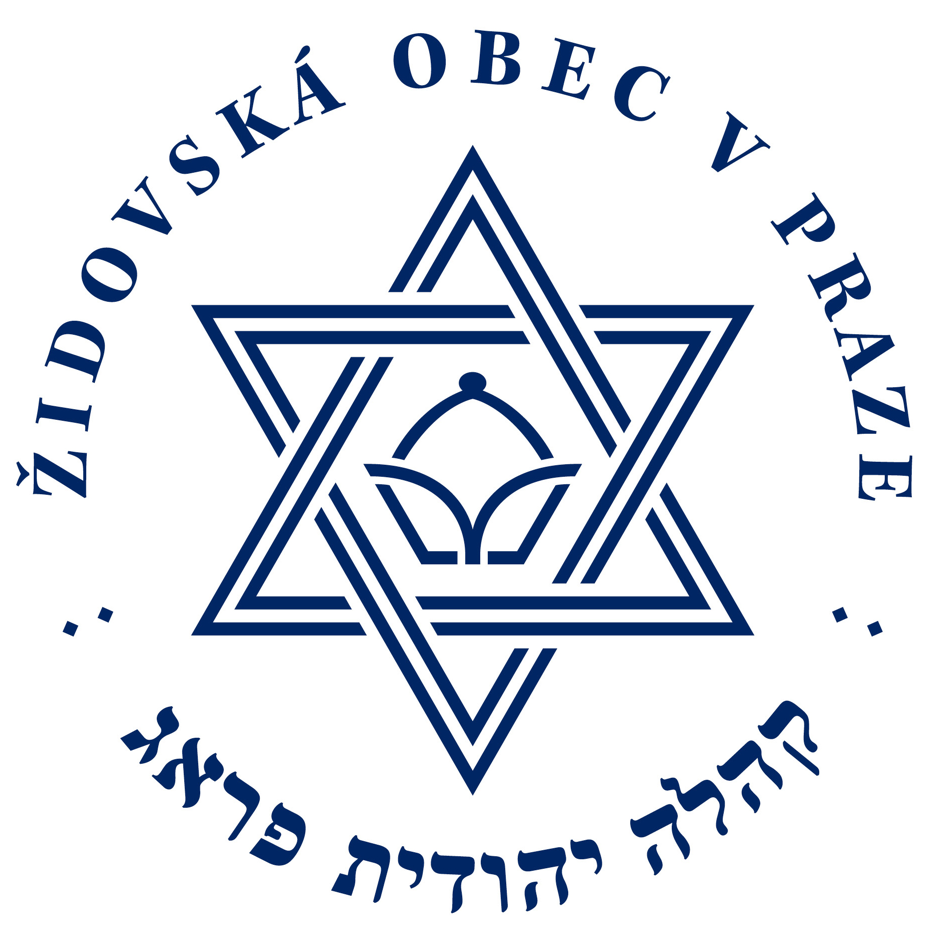
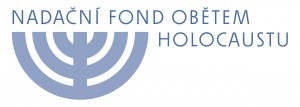


Special guided walks
We offer special guided walks along the Stolpersteine that have been laid. During the walk, we will introduce you to the fates of the victims in the context of tragic...
51 new Stolpersteine
On September 16 and 17, 2025, we laid 51 new Stolpersteine in Prague. We are planning more Stolpersteine in June and September 2026. More information at [email protected] Join us in...
Arrived in the inbox
I walk through the center of Prague on foot several times a week and see many Stolpersteine. They are usually clean or you can tell they are being maintained. Only...
Děkujeme za podporu
Veřejně prospěšný spolek na podporu osob dotčených holocaustem, z.s.,
Malá Štupartská 646/1•Staré Město•110 00 Praha 1•IČO: 03629007
Bankovní spojení: 268604825/

